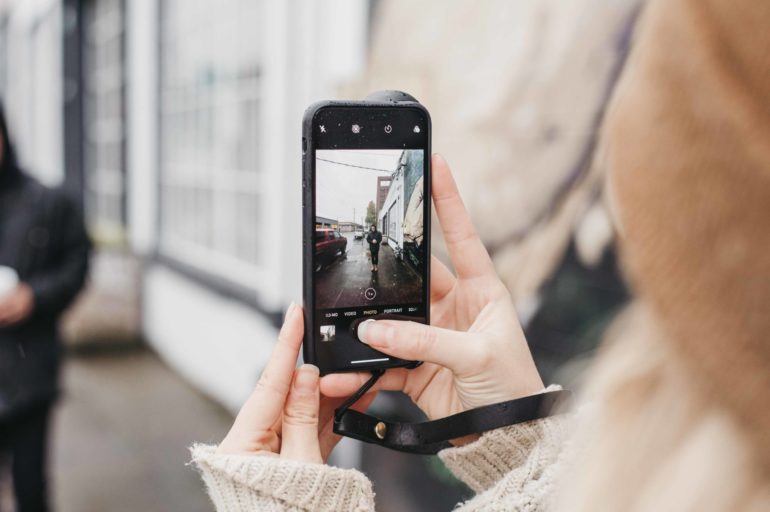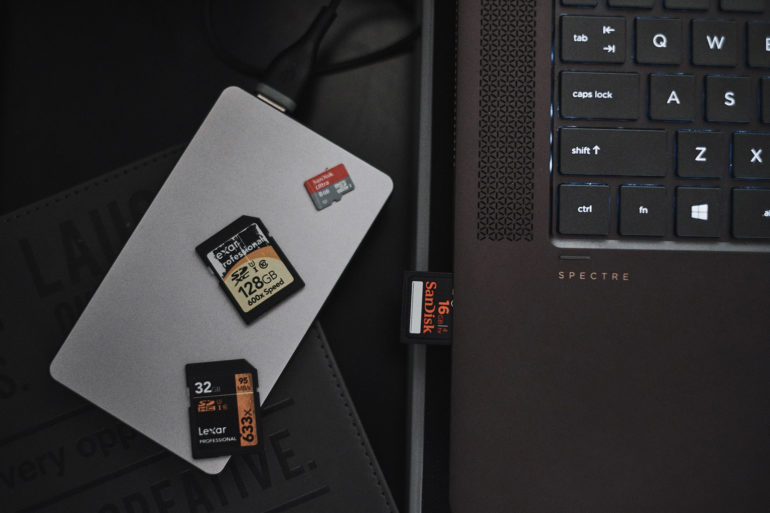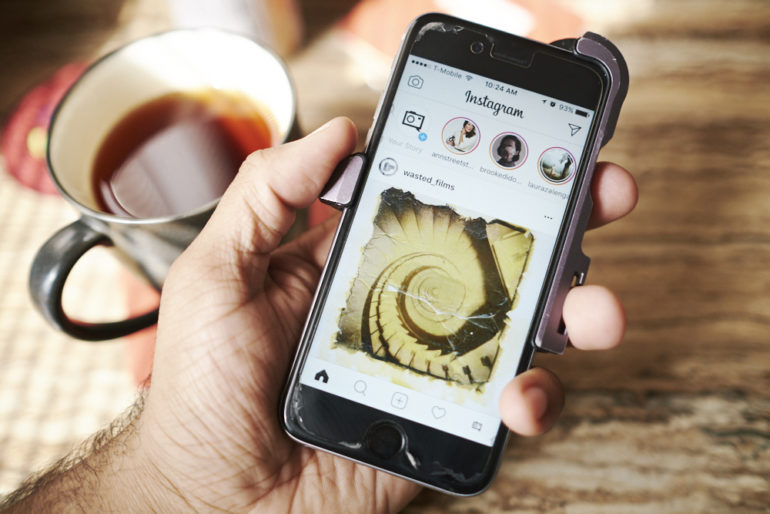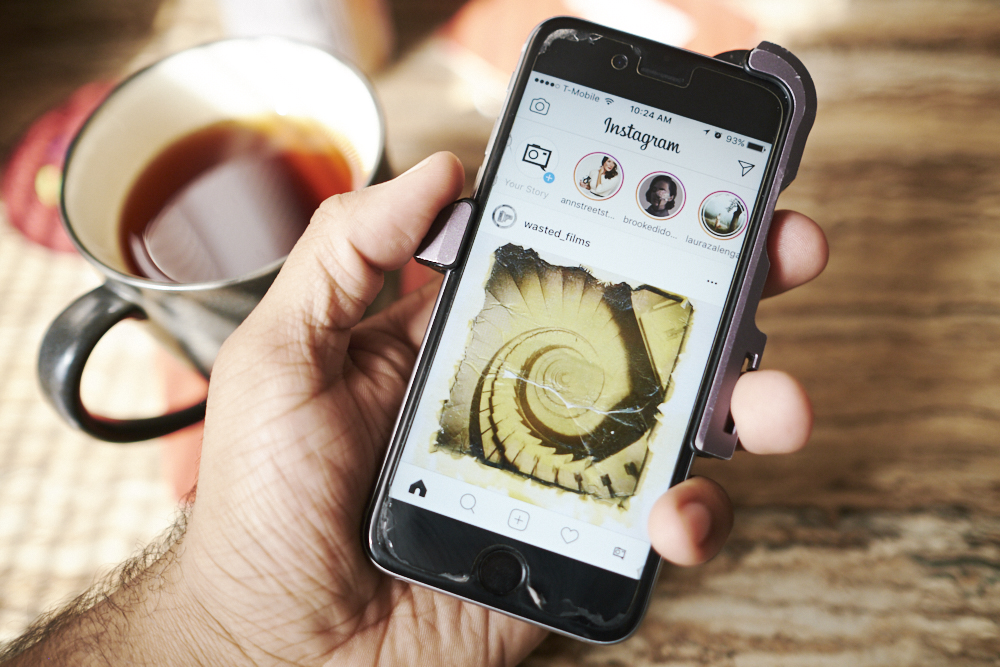In the digital age, photography is a shadow of its former self, but we can help change that.
Photography, since the dawn of the digital camera and the smartphone, has evolved into an art form that can be accessed by anyone, at any time. Without thinking about it, we can grab our cameras, rattle off pictures at a furious pace, and share them with the world in seconds. But how much do you care about the photos you’re taking? Do they really mean anything to you? Do you really care about other digital images you see on a daily basis? Join us after the break as we explore this a little more.
A recent article on Mashable, entitled ‘No one cares about 99% of the photos you take. Not even you’, really made us think. The stats shared in the article are rather mind-blowing. Each and every year we take over one trillion photos, collectively. That’s 160 photos per year for everyone alive on the third rock from the sun. This number is expected to grow by 100 billion photos every year too. That’s just insane. Cameras and photography are accessible to billions of people in every corner of the planet, but the ability to overindulge in what used to be an art form that was not as easy to access has had some negative effects.

The digital age has enabled us to take photos of literally everything. But in the process of photography becoming so accessible it has cheapened the value of the art. Most people in this world really do not care about images, and most people do not value photography or the power of a photograph. The article talks about how we take photos that never see the light of day. Our images are stored on our devices, or in the cloud, and there they will sit for eternity, or until we run out of storage space. We then delete them without even thinking about it so we can install the latest mind-numbing game.
“The value in photography comes from the emotions that great photos can cause, and we just don’t get that very much in the digital age because digital images come and go in the blink of an eye…”
We don’t even value our own photos at times these days, we just take pictures because we can, and most of them are shot without intent; they are literally a waste of digital space. This is something we all do simply because the digital age has made images expendable. We don’t have to be careful with our shots because we have SD cards that can hold thousands of images, and not just 24 or 36 shots.

‘I’m not like that’ I thought to myself as I read the article, but a quick look at my hard drives and my phone’s storage tells me another story. If you look at yours, your story will likely be the same. I have close to 8TB’s of images that are doing nothing. I’m not talking about client photos that I keep; these are just random images that I have taken and stored in the digital realm for no real reason. They aren’t great photos, and I can’t even remember why I took them. I suppose I just took them because I could.
“We can start valuing photography again when we take pictures that really mean something, instead of just having digital photo albums filled with nonsensical dross.”
Out of the 8TB’s of data, I have shared maybe 600 images publicly on various social media platforms for meaningless likes, and some have been shared on my personal website so that they can be sold. The other 7.8TB’s of images will probably never be looked at. They are images I don’t care about and that no one else will care about. Digital photography is both a blessing and a curse, and it is easy to start seeing why we don’t value photography and photographs as much as we used to.
I remember back when we shot film; every image had to count, every photo had to be shot with intent, and man it is was infuriating when you knew you just blew an exposure on your roll of film. I need to get back to thinking that way. We can start valuing photography again when we can take pictures that really mean something, instead of just having digital photo albums filled with nonsensical dross.

Back then, one of the best things about photography was the day you got your prints back. Seeing physical copies of your work brings about feelings that are hard to describe, and really I think one way to bring back the value of photographs is to get them printed. I know this is something I am going to do more of going forward.
“People just don’t care as much about digital images as they do about physical prints.”
We all have the ability to either print at home or send images out to be printed. Physical images have value, they have worth, and it’s something that we should be doing more of as a photography community so that we can appreciate and share our work with others in the real world, and not just in virtual spaces. How long has it been since you shared physical prints with friends and family around a table, and got real feedback? How long has it been since you have seen real emotion that your work has evoked? Those two things are so much better than a virtual high five from someone you don’t know on the other side of the planet. These are some of the values that are missing in photography today. People just don’t care as much about digital images as they do about physical prints.

I hate to say it, but the article is right. Photography in the digital age has become devalued to a disturbingly low level. Photography is abused to the point that real works of art will never be seen due to the millions of images of last night’s dinner, or Fido the dog, or Fluffy the cat that gets shared online. We may truly care about some of our work, but deep down we also know that we just click the shutter too many times for no reason to take images that have no value and that nobody in the future will care about. We all do it.
We can bring back the value of photography by shooting with intent, with purpose, by creating new unique images, and by making every click of the shutter count. We can bring back the value of photographs by printing images and hanging them up for the world to see. The value in photography comes from the emotions that great photos can cause, and we just don’t get that very much in the digital age because digital images come and go in the blink of an eye, and that’s only if they make it off of your hard drive and on to the web, and that is a real shame. What do you think about photography in the digital age? Let us know in the comment section below.


